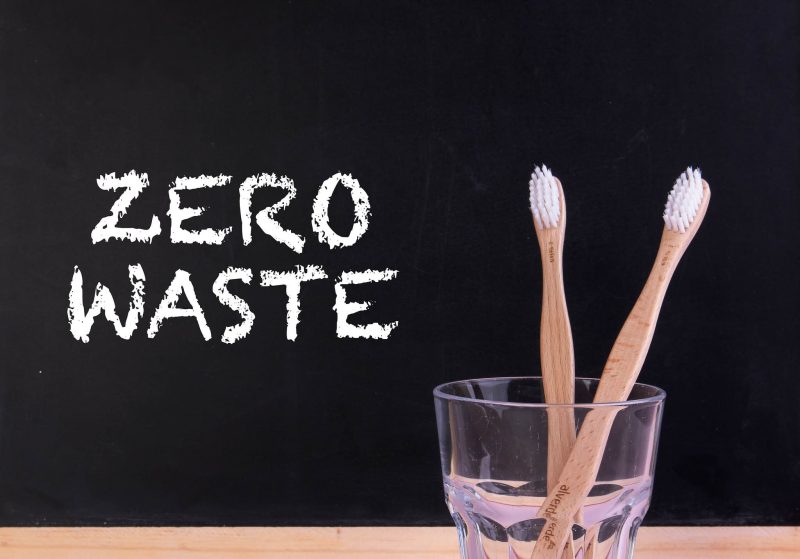Zero waste does not necessarily mean not generating any waste rather recycling and reusing the waste that could be generated so that it reduces the amount in which it generates. A zero-waste lifestyle can be achieved be we make the most use of things reuse them in ways that keep the environment as well as one healthy, however, it is adapting and inculcating habits that help in preventing waste generation. Creating a lifestyle where maximum products can be reused provides less to nature for degradation.
Zero waste means to reduce the waste that each of us creates o a daily basis, for example, using too many tissue papers. To begin with the zero waste lifestyle one can reuse products, like thrifting clothes. We can recycle goods, like plastic products. Besides, one must try to reduce the usage of such products that are not environmentally friendly, like using cloth bags instead of plastic bags.
Steps to achieve the goal
- Eat organically produced food.
- Drink your coconut water without a straw.
- Refuse, Reduce, Reuse, Rot and recycle.
A zero-waste lifestyle can be achieved just by changing lifestyle and the following are some guidelines for those considering this approach for the first time. The government authorities need to make people across the globe motivated to follow a zero-waste lifecycle. Here are the ways to follow zero waste lifecycle,
What is Zero Waste and ways to implement a Zero Waste Lifestyle?
1. Classify what you bring into your home
This is the simple method which means if you bring less to home, then the maintenance of the water will be easier and overall we will end up generating less waste.
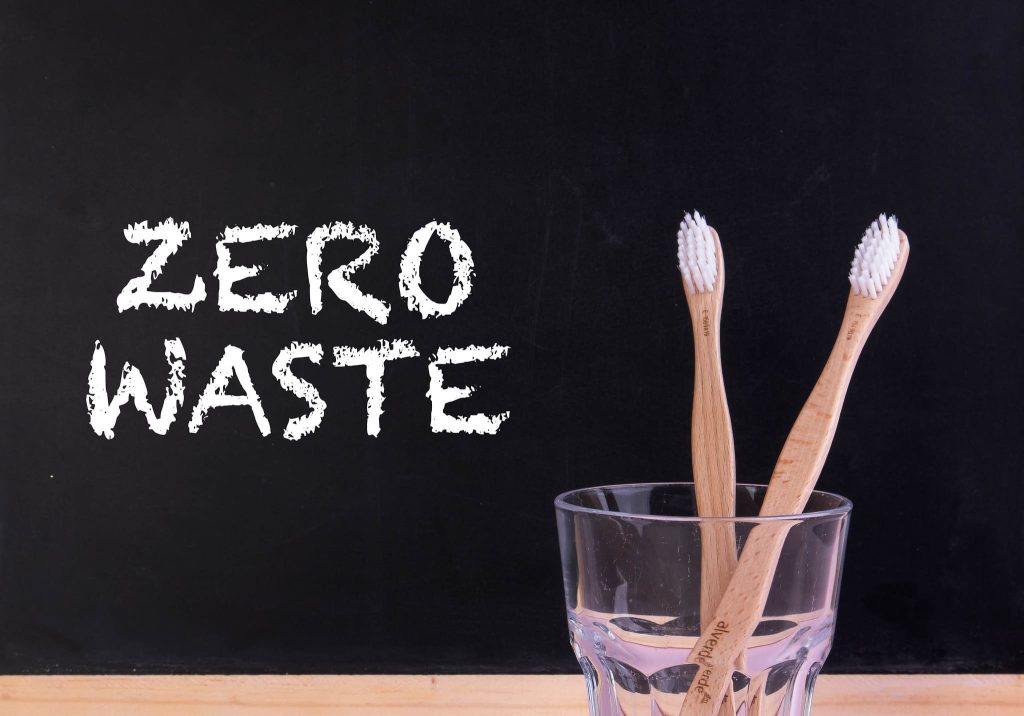
Image Source: Flickr
2. Shop at wholesale food stores using reusable containers
Try to search for a Zero Waste store and if you’re lucky it should be there in your neighbourhood where you can buy a wide variety of items available to you, from dry goods to fermented foods, soaps and hygiene products. In case of no availability, go to a local grocery store that has the largest wholesale food corridor. The most important is to carry our own bags and containers before filling them. Also, try to keep the wieght of your container less which directly means significant savings on the overall grocery order.
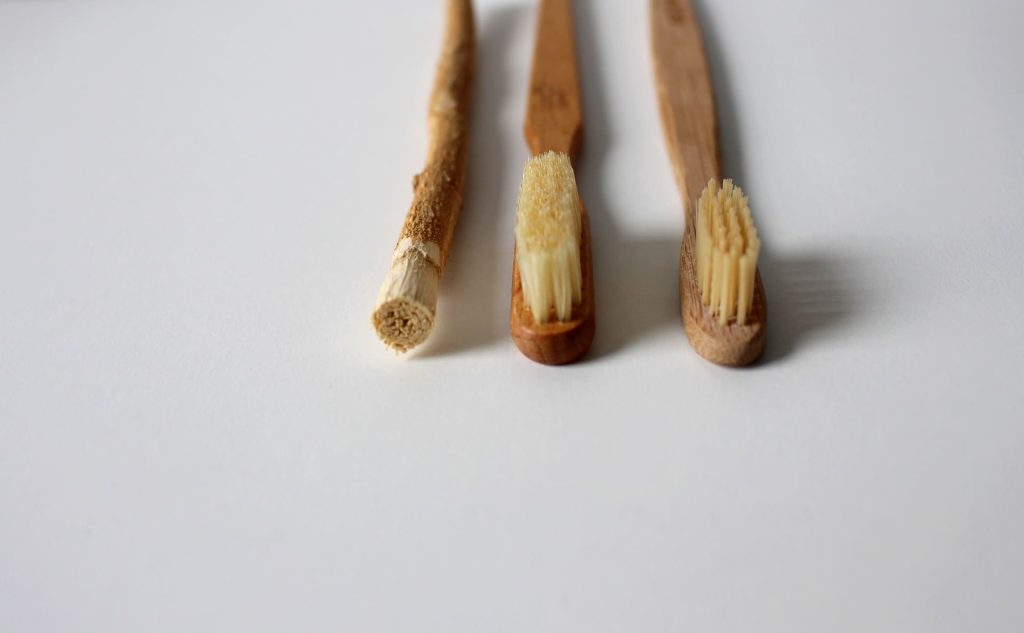
3. Rejection of unwanted products and promotional materials
It looks challenging but makes a habit of saying no the unwanted products and promotional materials because most of the promotional products are made with quality or cheap materials that will break down in landfills by the end of the year.
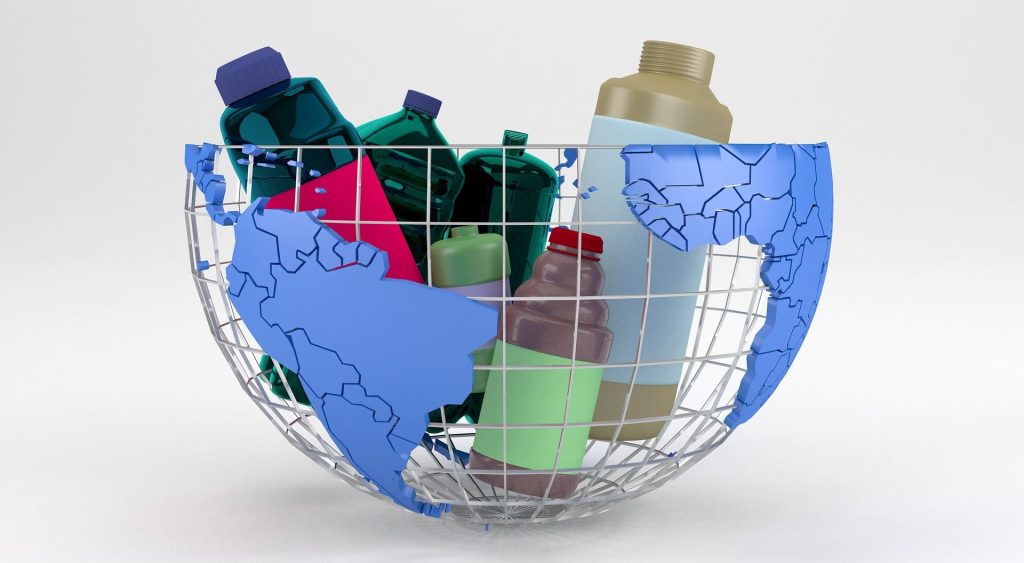
4. Always try to carry your own containers for takeout
Apart from carrying your own containers when shopping, The best would be to take your own reusable containers to eat on the go. You should make a daily practice of bringing food in reusable containers and once you reach home again put them in the dishwasher or sink, clean and bring them back the next day.
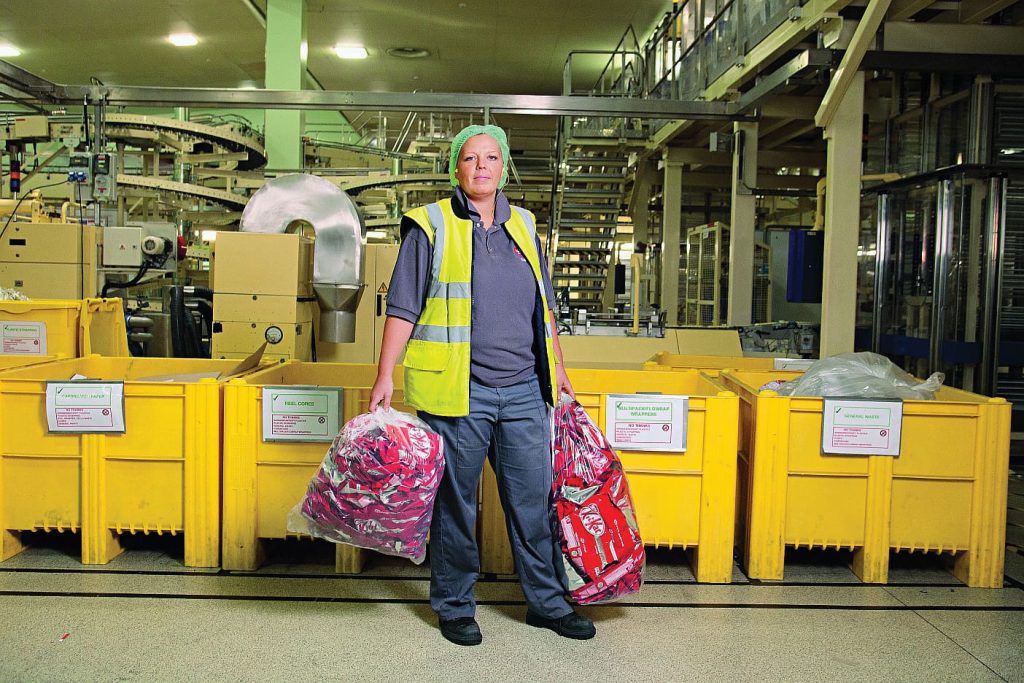
Image Source: Marco Verch Professional Photographer
5. Rethink some of your favourite products that you use or buy regularly
There are many products that we buy regularly and it comes with plastic packing, so if there is a possibility you can replace them with products that come without a package? Even there are many products you will realize that you need and eventually could do without it. There are some examples such as cleaning products, personal care products and the list goes on.
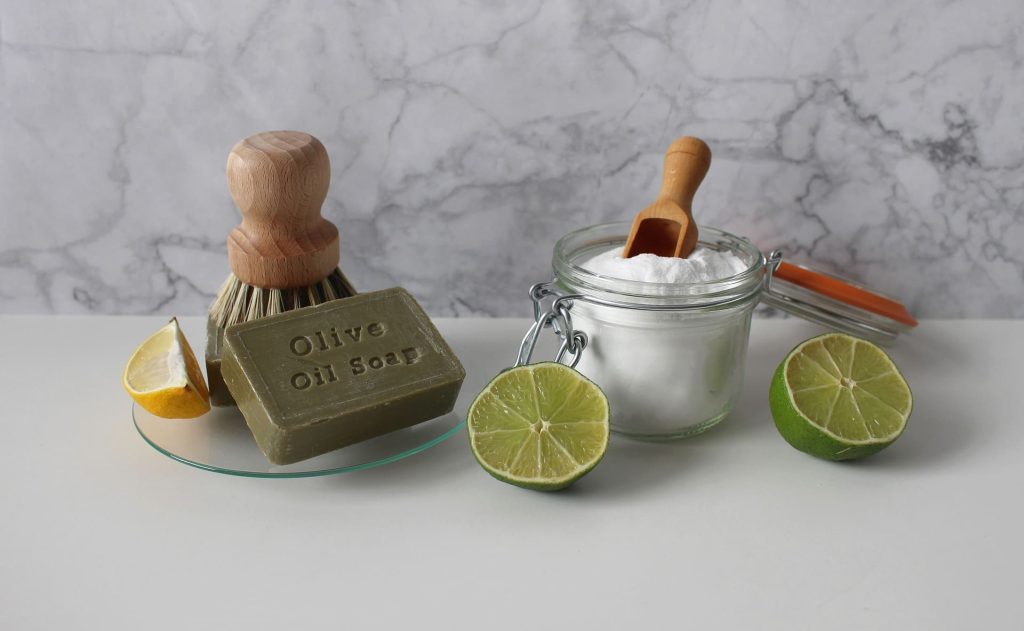
Image Source: Christopher Porter
6. Use whatever products you have
This should be the common practice with everyone where before you replace any item in your home with a new home try to use every possible option and later dispose of it responsibly. Everyone should follow the practice to recycle products.
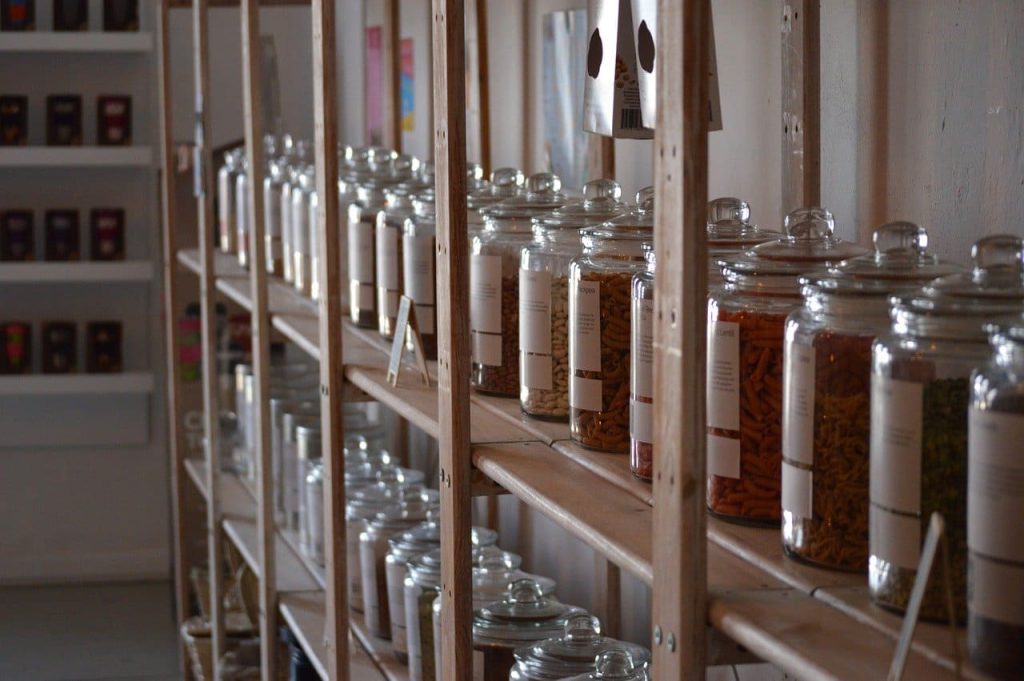
7. Analyze your food waste
On average, food wastage across the globe constitutes 45% of the average household waste stream. Try to have a compost pile which is one of the most important things to reduce the amount of litter you produce. This will help in managing the waste even If you live in an apartment and do not have a curbside pickup. Learn more about composting food waste.
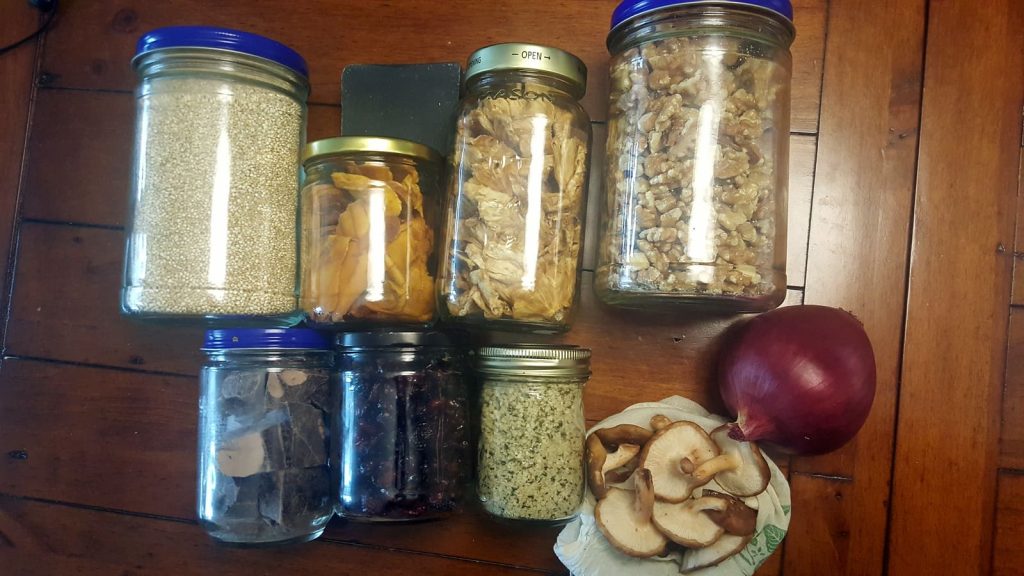
8. Natural sleep
The best way to manage natural sleep is to replace your bed linen and pillows with natural materials that include wool, cotton, and bamboo products.
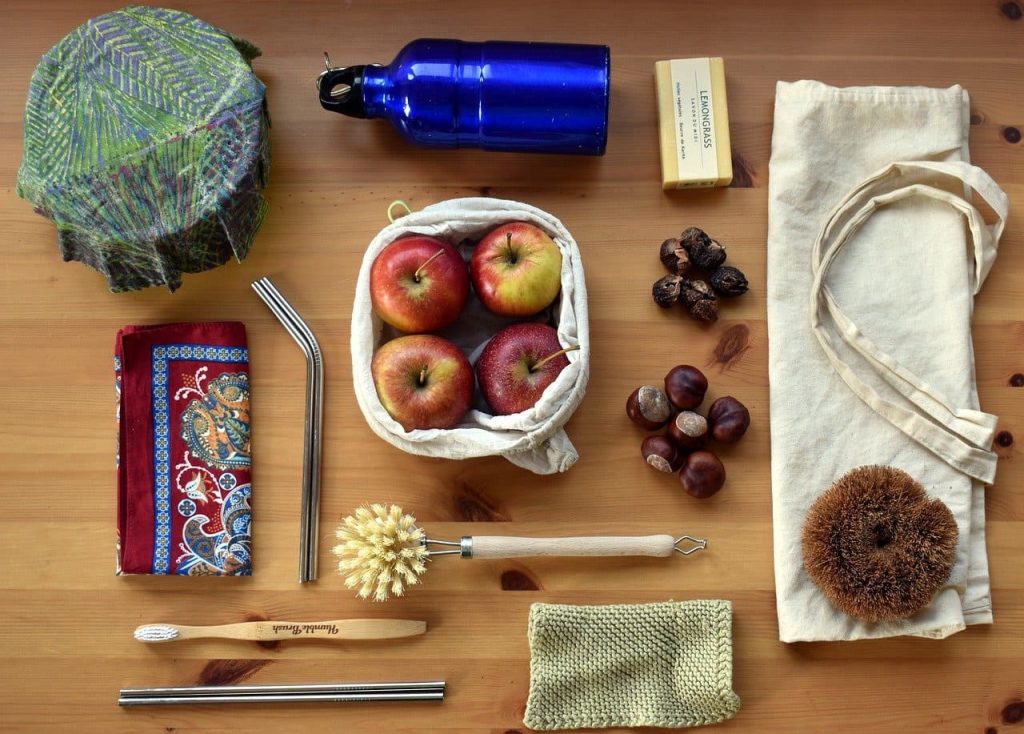
9. Manage your outfit/Clothes
There are numerous clothes that are lying in your wardrobe and you are only utilizing 20 to 30% of the overall clothes.

Image Source: Nestle
10. Habits for outside eating
Always try to choose restaurants that provide real recipes. Even if you are stopping the food vendor on the go, bring your own stainless steel food kit to fill. Just an example, for flatware, always consider using reusable bamboo knives along with washable napkins in your bag.
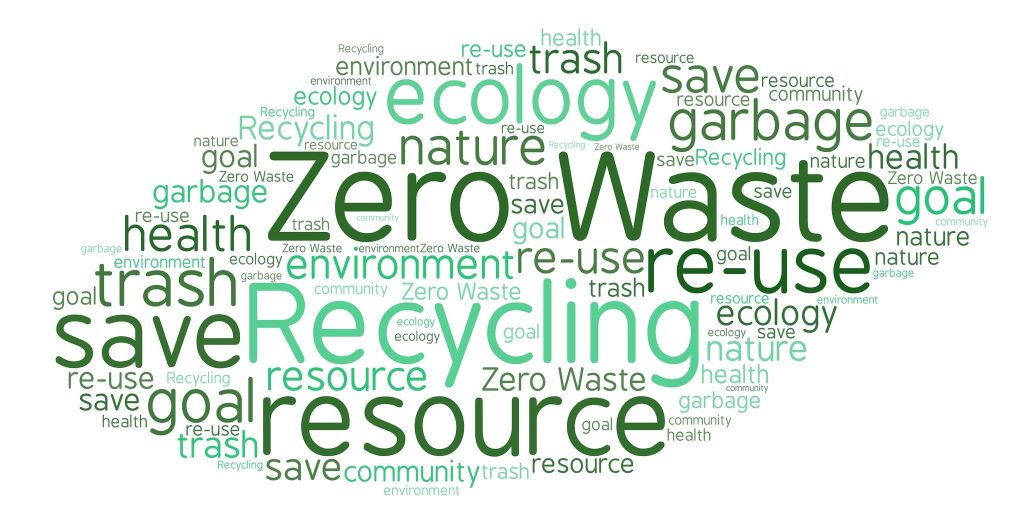
These are some of the best ways you should follow for a zero waste lifecycle. Kindly share and do post your comments.

